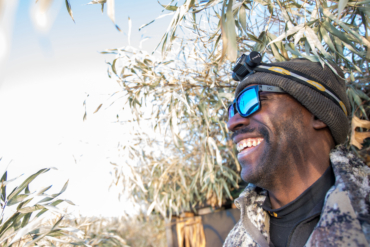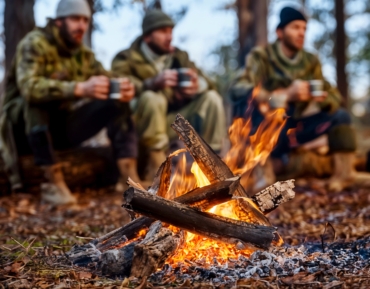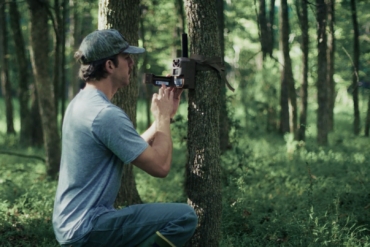While many applaud the U.S. Fish and Wildlife Service’s move toward opening more National Wildlife Refuges to hunting and fishing, some are dismayed by the proposed regulations that may accompany it.
The U.S. Fish and Wildlife Service has proposed a lead fishing tackle restriction in National Wildlife Refuges, and the sportfishing community is speaking up in opposition.
The new proposal, announced in June, riled the sportfishing community. This week, the American Sportfishing Association, along with 234 cosigners, released a letter addressed to the Director of the U.S. Fish and Wildlife Service, Martha Williams. In that letter, they stated their strong opposition due to a lack of evidence.
“We urge USFWS to follow the science and recognize that anglers should continue to be allowed to use traditional fishing tackle as they safely have for generations,” says the letter.
This isn’t the first time lead bans have been on the table, and it has always been contentious. The issue arises due to the toxicity of lead. The use of lead in hunting has been directly tied to causing lead toxicity in multiple wildlife species from ingesting the metal. Even small quantities can prove fatal. Thus, the federal government has imposed bans in the past.
In 2017, former USFWS director Dan Ashe instituted a ban on all lead ammo and fishing tackle in national parks and refuges. This occurred in the final days of the Obama administration. Former Secretary of the Interior Ryan Zinke went on to reverse that ruling on his first day under the Trump administration.
These newest proposed rule changes have yet again ruffled feathers.
The Proposed Lead Fishing Gear Rule Change

National Wildlife Refuges are stretches of public land and water that USFWS designates as critical to conserving wildlife and habitat. Opening more wildlife refuges to hunting and fishing has two main goals. It both provides greater outdoor recreational opportunities and helps manage the wildlife populations in those areas.
As the opposition to lead-based projectiles in hunting grows, scrutiny has arisen across the outdoor world regarding all lead-based products. The toxicity of lead has devastating implications on wildlife when ingested.
Hunting ammunition is the biggest target in the lead debate. There are a plethora of studies showing the damaging effects of lead shot, particularly to birds who ingest it. The studies on lead fishing tackle implications are far fewer. Lead is the go-to material for fishing sinkers. The material is cheap, plentiful, heavy and, unfortunately, toxic.
It seems the USFWS is taking a preemptive strike to prevent prospective damage to sensitive wildlife areas before it occurs.
From the proposed rule change:
… Finally, the best available science, analyzed as part of this proposed rulemaking, indicates that lead ammunition and tackle may have negative impacts on both wildlife and human health, and that those impacts are more acute for some species. Therefore, while the Service continues to evaluate the future of lead use in hunting and fishing on Service lands and waters, this rulemaking provides a measured approach in not adding to the use of lead on refuge lands. The Service will seek input from partners in methods to address the use of lead and commits to a transparent process in doing so.
The department is accepting public comments on the proposal until August 8, 2022.
The Opposition

The American Sportfishing Association (ASA) sent its opposition letter signed by 234 individuals and companies across the fishing world. The opposition centers around the lack of science regarding lead fishing tackle’s impacts on the area.
“The proposed rule simply states, “lead ammunition and tackle may have negative impacts on both wildlife and human health,” with no supportive documentation on what wildlife and human health impacts have been identified in these refuges to support wholesale lead tackle bans.”
The letter asks that anglers be allowed to use traditional tackle until there is verifiable proof that lead fishing tackle has negative impacts.
The signees include companies such as Flambeau Outdoors, Havalon, Pure Fishing, Rapala, Salt Life, St. Croix Rod, and more.
You can submit your comment to the U.S. Fish & Wildlife Service here.







